Supreme Court simplifies procedure for passive euthanasia
Wed 25 Jan 2023, 11:10:14
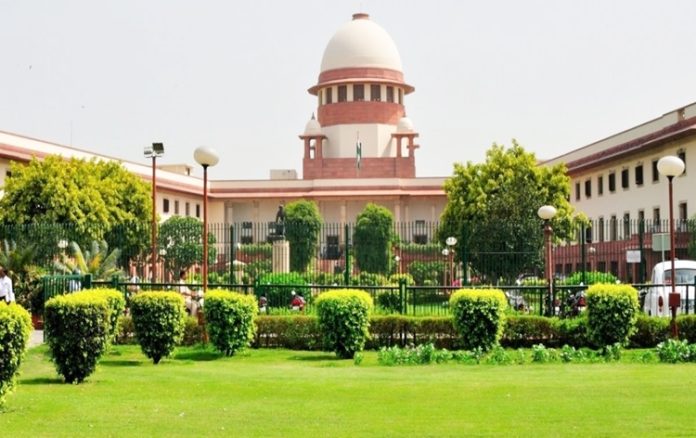
New Delhi: The Supreme Court on Tuesday modified its 2018 order on passive euthanasia to make the procedure of removal of life support from terminally ill patients less cumbersome for the patients, their families and the doctors. The Supreme court removed the condition that mandated a magistrate's approval for withdrawal or withholding of life support to a terminally ill.
A five-judge Constitution bench headed by Justice KM Joseph said, the document will now be signed by the executor of the "living will" in the presence of two attesting witnesses, preferably independent, and attested before a notary or Gazetted Officer.
The bench also said, the witnesses and the notary shall record their satisfaction that the
document has been executed voluntarily and without any coercion or inducement or compulsion and with a full understanding of all the relevant information and consequences.
document has been executed voluntarily and without any coercion or inducement or compulsion and with a full understanding of all the relevant information and consequences.
A living will also known as an advance directive is a legal document that specifies the type of medical care that an individual does or does not want in the event they are unable to communicate their wishes.
Euthanasia is the act of deliberately putting an end to a person’s life in order to eliminate pain or suffering.
The Supreme Court’s 2018 order on passive euthanasia wherein it recognised the right to die with dignity as a fundamental right and an aspect of Article 21 (right to life).
No Comments For This Post, Be first to write a Comment.
Most viewed from National
Most viewed from World
AIMIM News
Latest Urdu News
Most Viewed
May 26, 2020
Is it right to exclude Bangladesh from the T20 World Cup?
Latest Videos View All
Like Us
Home
About Us
Advertise With Us
All Polls
Epaper Archives
Privacy Policy
Contact Us
Download Etemaad App
© 2026 Etemaad Daily News, All Rights Reserved.




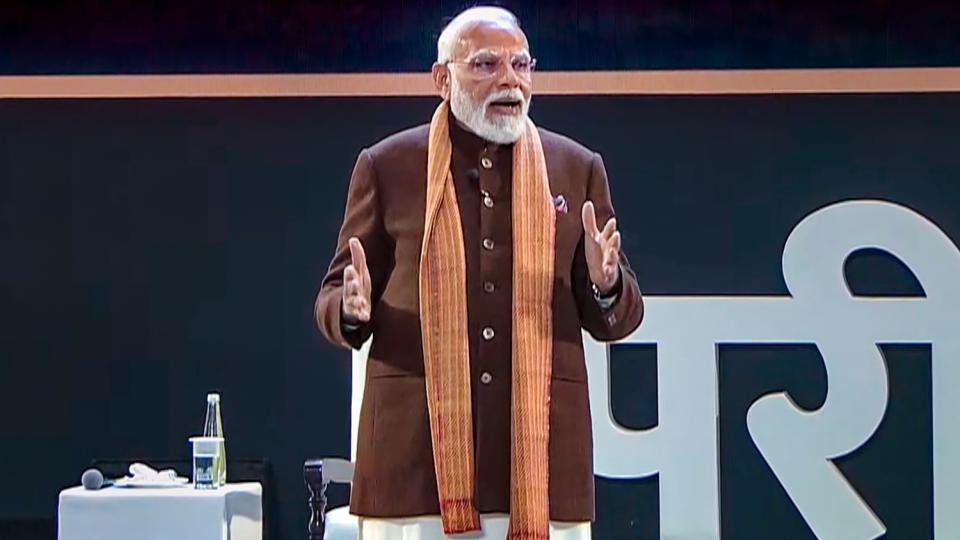






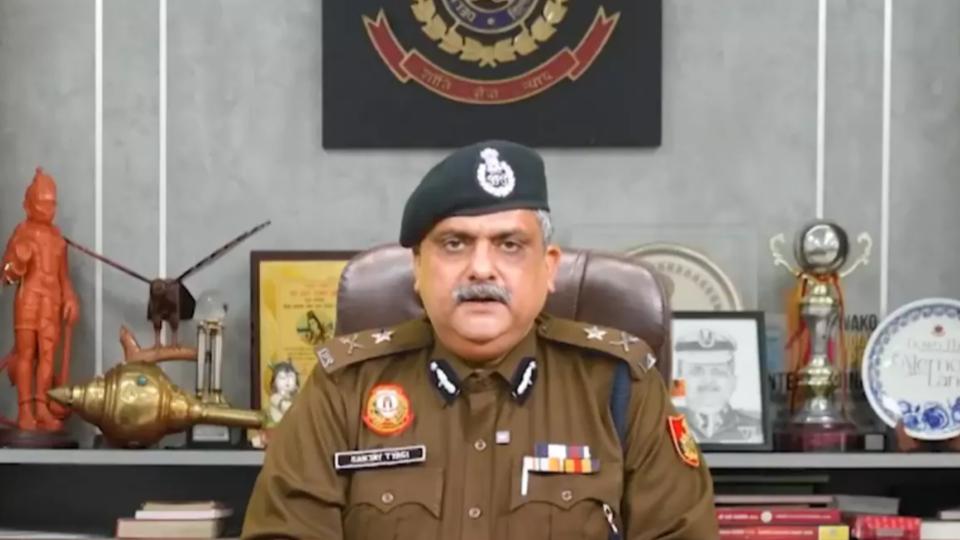









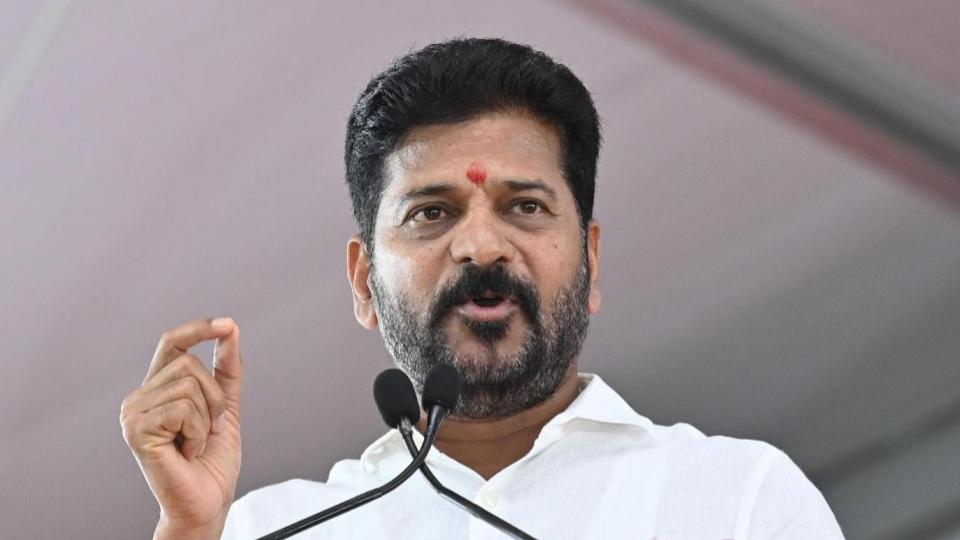
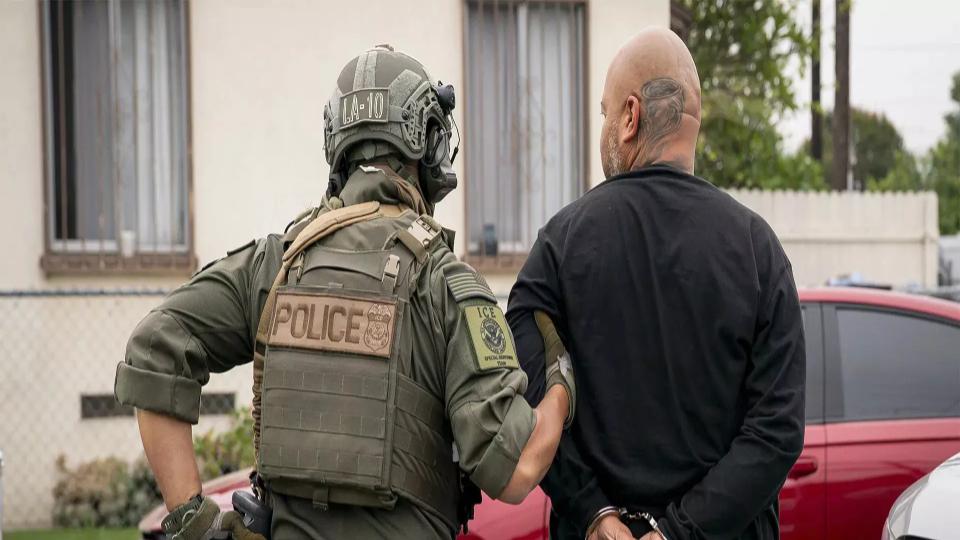














.jpg)
.jpg)
.jpg)


